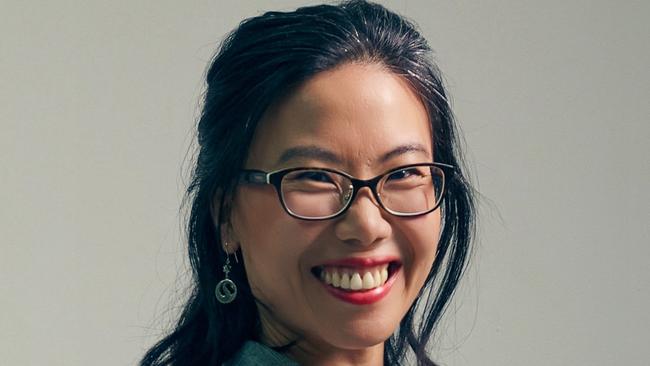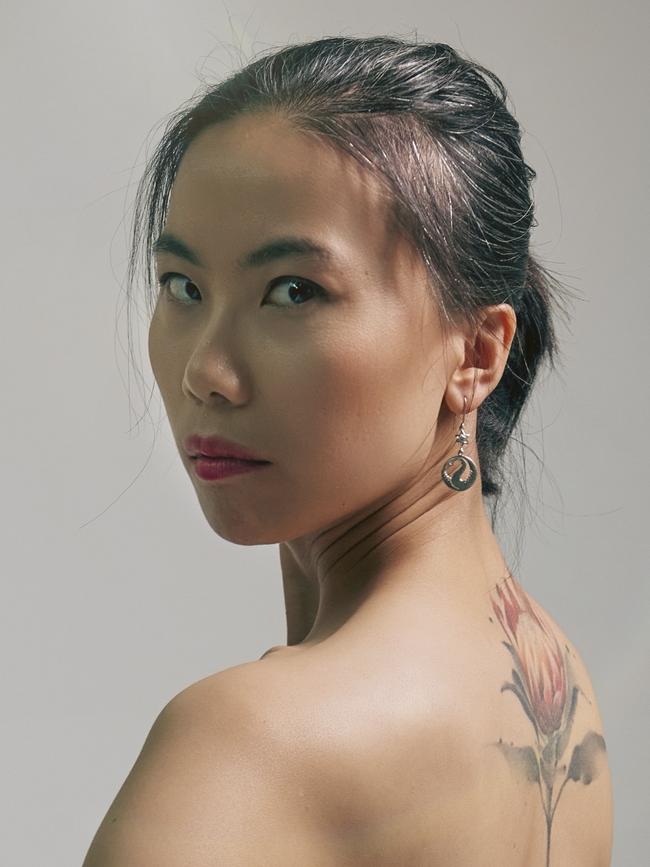Model Minority Gone Rogue: Qin Qin’s story
Author Qin Qin (formerly Lisa Qin) talks about her new memoir, her “dream job” at the national library – and defying the expectations of her strict Tiger Mother.

Your new memoir charts your personal journey from a highly-pressured, high-achieving Asian-Australian student to a version of you today that is more authentic. When did the veil begin to fall? Even though at 16 I was writing in my journal that I wanted to be a children’s book writer or an SBS newsreader, I knew that wasn’t the path I could choose. Only much later on did I start questioning my conditioning. All I had known was the role of the good Asian daughter and I also had to not disappoint my parents, you know, I had to make good on the sacrifices they had made when they left China and came to Australia.
Until recently, you were known as Lisa Qin. Why the name change? By the time I finished writing the book I knew that I had to go back to Qin Qin. I reclaimed my name as I was reclaiming my story. It was such an 11th-hour decision, that’s why you’ll still see on some booksellers’ sites “Lisa Qin”. I had advice that maybe Lisa was better commercially – but Australian society has changed a lot, I think people are more comfortable with “ethnic” names.
Is it true you named yourself Lisa as a child because you felt a kinship with Lisa Simpson? Yes, I did! I mean, look at her. I obviously thought she was such a good student.

How have the expectations of your own “Tiger Mother” changed since you set out on a different path in life? The Tiger Mother has softened. There’s been a lot of healing work that I’ve done to get to a place where I can understand that her ambitions for me came from a place of wanting me to not go through what she had to. She went through the Cultural Revolution and she’s wrestling with a 1000-year history of foot bindings. She comes with her own baggage.
You studied international education policy at Harvard. What was Harvard like? It’s like drinking from a fire hose but also feeling this intense pressure to change the world. It was my insecurity that drove me to be there, but because of the status of the place it was where I began to feel I could start questioning the things I had been told.
You’re now a librarian at the National Library of Australia, do you feel pride in your past academic and career achievements? As a hardcore, ambitious professional, what was I driven by? Was it fear or was it love? I had what looked like success, but it was a brittle sense of success. I was doing drugs and having unsatisfying foursomes, all to try and quell this voice in my head saying all this isn’t quite right. I now have a dream job that I would never have considered had I not gone through that journey.
How did you come into the orbit of writer Benjamin Law – who is now a literary scout for your publisher Hachette? He was the first person I thought of as an unconventional Asian. I Googled his email, cold-emailed him, and he responded. I wanted to ask him about his journey but he thought I had a story to tell.
You were born in China and have lived there as an adult. What do you enjoy most about it? There’s so many different sides to a country. There’s such a richness there that isn’t being told currently. China is not the CCP, it is not the censorship under an authoritarian regime. China is also the food and the landscapes and the literature.
Model Minority Gone Rogue: How an Unfulfilled Daughter of a Tiger Mother Went Way Off Script (Hachette) is out now..



To join the conversation, please log in. Don't have an account? Register
Join the conversation, you are commenting as Logout